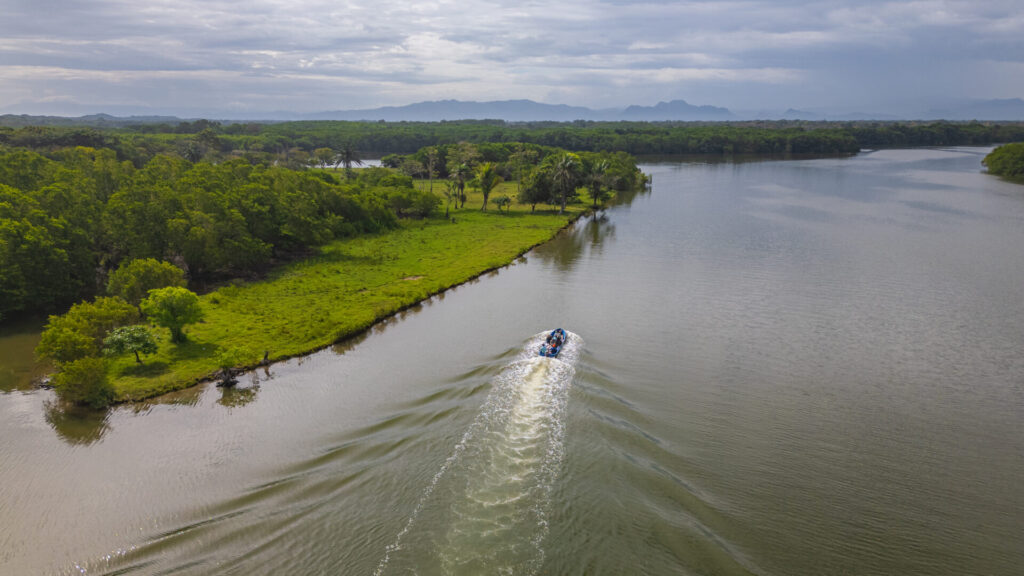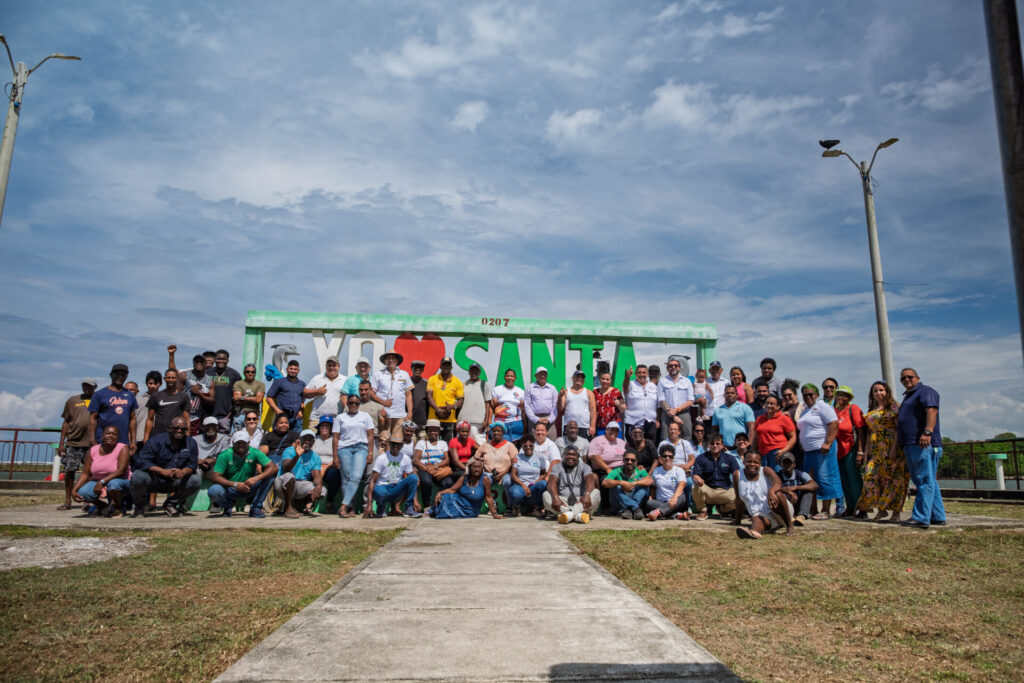
Santa Rosa de Aguán, Honduras – Rare and its community partners in Honduras are celebrating a historic win for small-scale fishers and communities on Honduras’ Caribbean coast. On March 28, Santa Rosa de Aguán, with approval from the Institute for Forestry Conservation (ICF), signed the municipal ordinance for the Santa Rosa de Aguán Site of Importance for Wildlife — a new marine protected area co-managed by local communities. Upon formal creation, the new protected area, Honduras’s fourth community-managed fishing area in Colón, will complete the departmental network and represent a major step forward in participatory marine governance. This project is made possible with support from the Blue Action Fund and Becht Foundation.
“This fourth community-managed area is more than a milestone — it’s a testament to the power of local leadership,” says Riky Ellis, a program implementation manager with Rare’s Fish Forever program in Central America. “When communities lead, conservation becomes real, sustainable, and rooted in pride. This is how we build lasting change.”

Designated a ‘Site of Importance for Wildlife,’ the new 309 km² (119.30 mi²) area gives small-scale fishers exclusive access to fish their coastal waters, 0-12 nautical miles from shore. “Managed access areas safeguard the natural wealth that coastal communities depend on — securing their food, livelihoods, and future,” said Diana Vasquez, Vice President of Rare Central America.
The morning of March 28 began with a powerful and unprecedented fisher exchange in Santa Rosa de Aguán, where fishers from Cortés, Atlántida, and Colón departments came together with local authorities and community leaders to share their experiences, stories, and lessons learned around marine protection and co-management. The gathering created a vibrant space for learning, solidarity, and celebration of what’s possible when communities lead.
Through its global coastal fisheries program, Fish Forever, Rare works with Honduran fishers, their communities, and leaders like Mayor Heber Flores of Santa Rosa de Aguán to guarantee fishing communities’ rights to access and manage their territorial seas.
“This declaration is a commitment to the well-being of our people,” says Mayor Heber. “By protecting the resources that sustain us — fishing and agriculture — we’re securing a future of dignity, resilience, and opportunity for our communities.”
Rare is also supporting the Institute for Forestry Conservation (ICF) to create management plans that would underpin a new era of community-based marine management of Honduras’s coastal waters. Surveilling and patrolling coastal waters against intrusions, using sustainable fishing gear, and creating management bodies are a few of the elements needed to manage the new Sites of Importance.